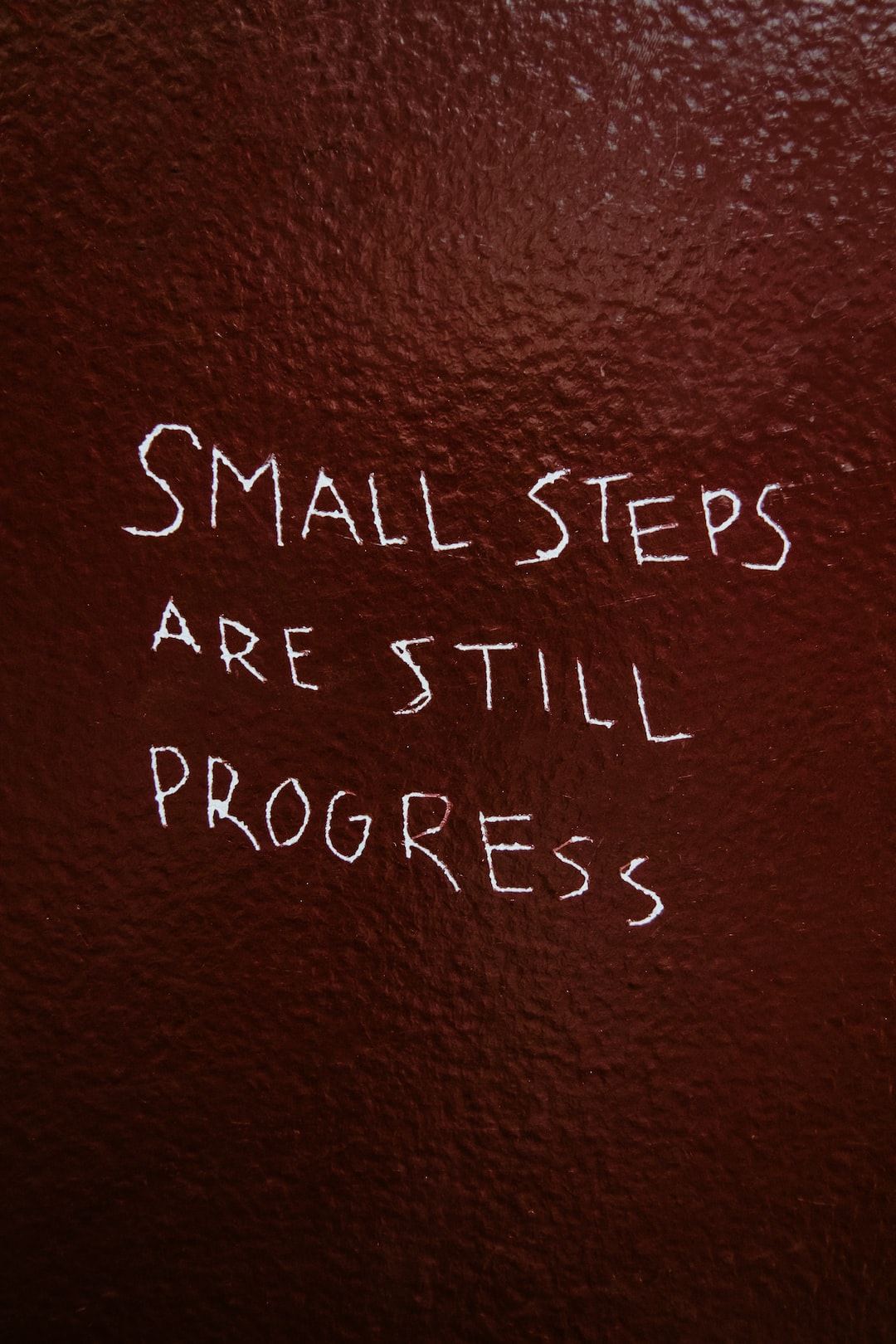8 Tips For Managing A Productive Freelance Workforce
8 Tips For Managing A Productive Freelance Workforce
1. Define the scope of the project
As the world of work continues to evolve, more and more businesses are turning to freelance workers to get the job done. While there are many advantages to working with a freelance workforce, there are also some challenges that need to be considered.
In order to manage a productive freelance workforce, it is important to define the scope of the project, set clear expectations, and establish regular communication channels. It is also important to provide adequate training and support, and to create a system for tracking progress and results.
By following these tips, you can ensure that your freelance workforce is productive and successful.
https://unsplash.com/@aleks_marinkovic
2. Set clear milestones and deadlines
In order to ensure that your freelance workforce is successful, you must set milestones and deadlines for them to reach. This can help ensure that the project is completed on time and up to quality standards.
You should also provide your freelancers with specific instructions on what needs to be completed at each milestone and the deadlines they need to meet. This will help ensure that they are able to complete the project on time and with clear expectations.
Regular communication is also important when managing a freelance team. You should make sure to check in with your freelancers on a regular basis to discuss progress and provide feedback on their work. This will help keep everyone on the same page and prevent any misunderstandings that could lead to delays.
https://unsplash.com/@unseenhistories
3. Create a collaborative environment
Creating a collaborative and creative environment is essential when managing a freelance workforce. Freelancers thrive in environments that offer them supportive and creative environment with tools to advance their skills.
You should encourage freelancers to work with each other to complete tasks, brainstorm ideas, and contribute to the project in any way they can. This will help to increase productivity and ensure that everyone is working together collaboratively.
You should also provide them with the tools and resources they need to be successful, such as access to websites and databases and enable them to take advantage of the latest technology. This will help them work efficiently and get better results.
Finally, be sure to recognize your freelancers when they make significant contributions to the project. Giving recognition and rewards will motivate them to achieve more.
https://unsplash.com/@unseenhistories
4. Encourage open communication
Encouraging open communication is key to managing a productive freelance workforce. You should create a platform that enables easy communication between freelancers and managers, and ensure that freelancers feel like their voices are heard. Having an open communication platform helps managers learn about freelancer needs and concerns, and helps freelancers understand what is expected of them.
For example, set up a Slack channel where freelancers can communicate with each other. Creating a virtual workspace where freelancers can share ideas and collaborate on projects is also a great way to increase communication.
You should also encourage freelancers to be open and honest when communicating. Creating an environment where freelancers feel comfortable expressing their thoughts and ideas is key to forming an active, engaged, and productive freelance workforce.
https://unsplash.com/@unseenhistories
5. Inspire team spirit
Team spirit is essential for building a productive freelance workforce. Managers should strive to build an inspiring and motivating environment for their freelancers.
Here are some ways to inspire team spirit amongst your freelancers:
1. Create a culture of collaboration – Encourage your freelancers to collaborate with each other and learn from each other’s experiences.
2. Set achievable goals and provide recognition – Set goals that are achievable for each freelancer and recognize good work. This will help your freelancers feel appreciated and encourages them to be more productive.
3. Celebrate success – Celebrating success is a great way to boost morale and show appreciation for each team member’s contribution.
4. Encourage feedback – Ask your freelancers for feedback on how you as a manager can improve everyone’s experience.
5. Be proactive – Proactively communicate with your freelancers and make sure to thank them for their work. This will make them feel like valued members of the team and help to maintain a productive freelancing atmosphere.
https://unsplash.com/@axga
6. Assign tasks based on skillset
Assigning tasks based on an individual's skillset is a great way to ensure they receive work that is appropriate for their abilities and interests. This not only makes them more productive, but can also help to motivate and retain them.
Here are some tips for assigning tasks based on an individual's skillset:
1. Set a clear goal – Defining the task and its parameters will help to identify the skills needed for that specific task.
2. Understand the individual's skillset – Take the time to get to know the freelancers and understand their strengths and experience in order to assign tasks they are qualified for.
3. Assign tasks based on interests – When possible, assign tasks that take advantage of the individual's particular interests or strengths. This can help to increase productivity and engagement.
4. Provide regular feedback – Provide regular feedback on the task to ensure that the freelance is on the right track.
5. Offer additional resources – Offering additional resources, such as additional training or guidance, is an effective way to ensure that the freelancer has everything they need to complete the task successfully.
6. Give them space – Allow your freelancers some space. They may surprise you with the results.
https://unsplash.com/@unseenhistories
7. Evaluate progress and give feedback
Once the tasks have been assigned based on an individual's skillset, it's important to evaluate progress and provide regular feedback. Here are some tips for doing this effectively:
1. Break tasks into manageable chunks – By breaking a task into smaller pieces, you can monitor progress more easily and ensure that the freelancer is not overwhelmed.
2. Establish clear milestones – Establishing clear milestones helps to ensure that the freelancer is making progress. This also lets them know when a completed task is expected.
3. Set expectations – Make sure that expectations are clear and that the freelancer knows what is expected of them from the outset.
4. Review the progress regularly – Reviewing progress regularly helps to ensure that the task is on track and that any potential problems can be caught as early as possible.
5. Provide regular feedback – Feedback is an essential part of any successful freelance relationship. Make sure to provide regular, positive feedback to ensure that the freelancer knows how they are performing.
6. Create clear deadlines – Setting deadlines helps to set expectations and ensure that the freelancer knows when a task is expected to be completed.
7. Evaluate performance – At the end of the task, evaluate the freelancer's performance and provide constructive feedback. This will help to ensure that any skills gaps can be addressed and worked on in the future.
https://unsplash.com/ja/@hayleymurrayphoto
8. Manage expectations
The last of the 8 tips for managing a productive freelance workforce is managing expectations. It’s important to be aware of the expectations of both yourself and the freelancer upfront and make sure that these are communicated clearly. This will ensure that both parties have the same expectations in terms of the deliverables, timeline, and payment.
Some tips for managing expectations for a productive freelance workforce include:
1. Explain the project in-depth – Be sure to explain the project in-depth to the freelancer and ensure that they understand the scope, timeline, and deliverables.
2. Document requirements – Document the requirements of the project and the timeline for completion. This will help to ensure that expectations are set in writing.
3. Set achievable goals – Set achievable goals and expectations for the freelancer to ensure that they are not overwhelmed.
4. Communicate often - Regular communication between the freelancer and the employer helps to ensure that expectations are being met and that progress is on track.
5. Monitor performance - Regularly monitor the performance of the freelancer to ensure that expectations are being met.
6. Set deadlines - Set clear deadlines for the completion of tasks in order to ensure that expectations are being met.
7. Manage feedback - Provide regular feedback to the freelancer to ensure that expectations are being met and that any issues can be addressed.
For any question, please contact us in OpenTimeClock.com. https://www.opentimeclock.com.
Created with the Personal Edition of HelpNDoc: Full-featured EBook editor






